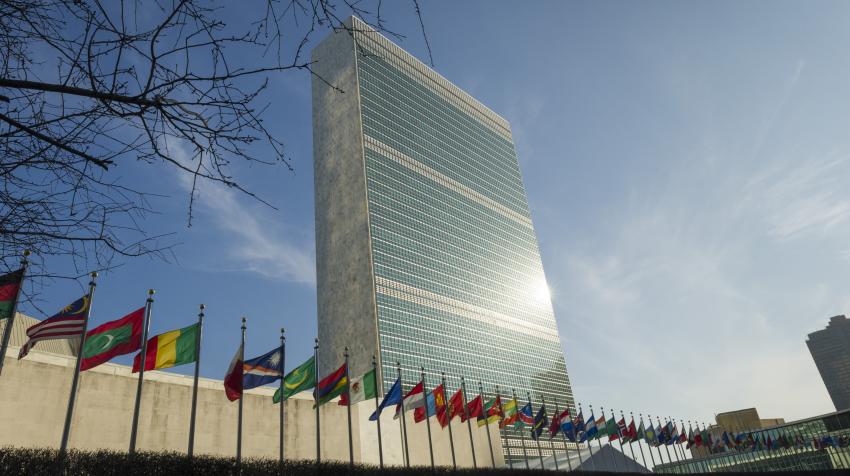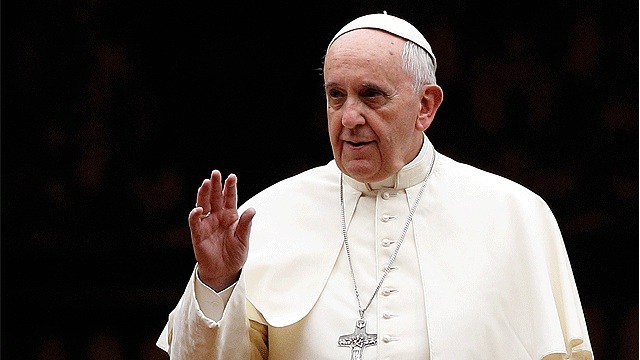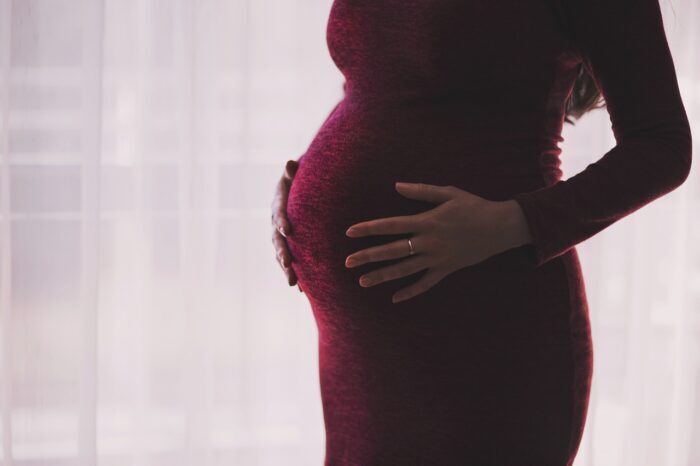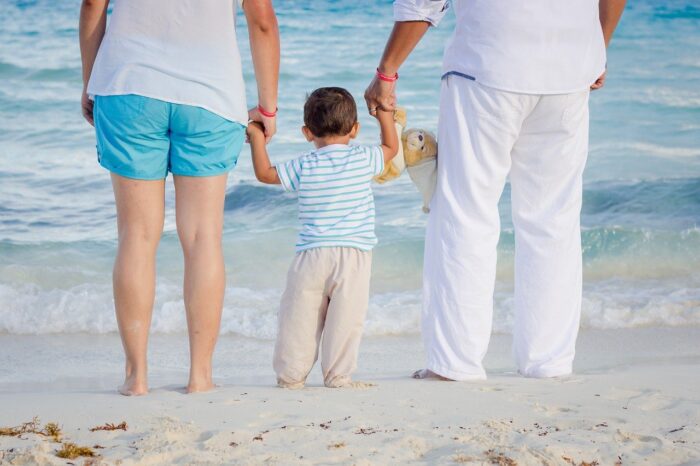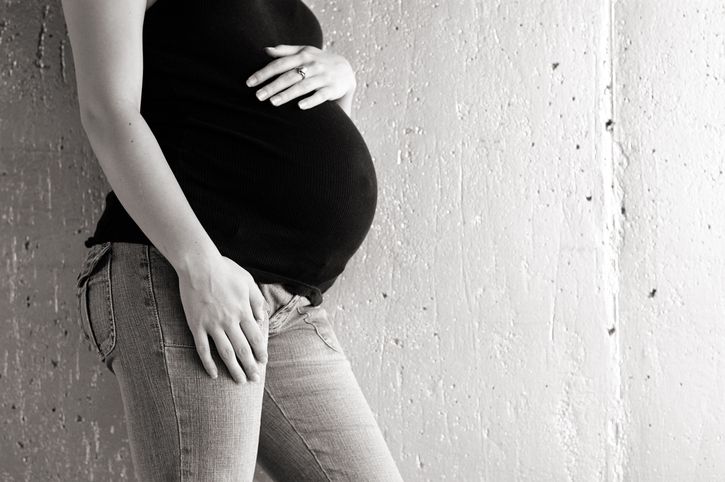The UK’s two-child limit on tax credits and other benefits for children should be ended, according to a Scottish MP.
The limit, which dates to 2017, means that for each child after their second-born, parents lose £2,900 each year in a universal credit and in tax credits.
The cap on benefits exempts women who formally disclose that their child was a result of rape. However, if their first- or second-born child was conceived in rape, the exemption does not apply to a child born later.
Alison Thewliss, a member of parliament for Glasgow Central, recently wrote to Thérèse Coffey, the UK Secretary of State for Work and Pensions, urging an end to the “wicked policy.”
“It is beyond belief that the UK Government remains so obstinately devoted to such a pernicious policy, one that— in light of this most recent evidence— is unarguably playing a real and significant part in women’s decisions to terminate pregnancies,” Thewliss wrote.
In a Feb. 24 letter, written before the coronavirus pandemic had grasped the region, Catholic leaders said that abolishing the two-child limit for universal credit and the universal tax credit would help more than half a million of the poorest children of England and Wales.

